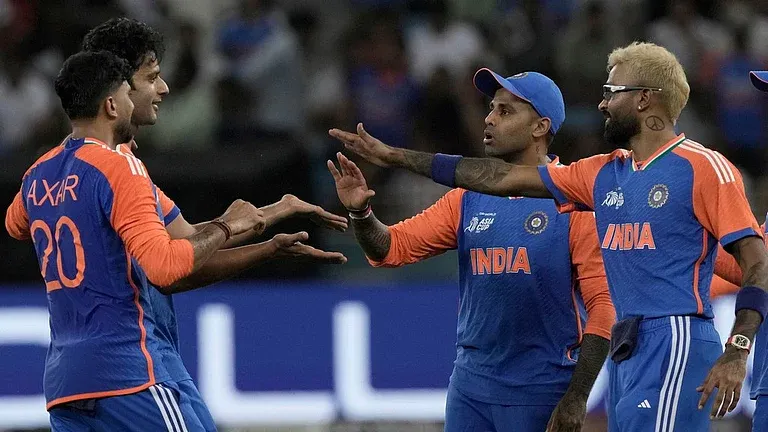
Tensions in India have flared up as the scheduled India-vs-Pakistan Asia Cup match (September 14, 2025) draws nearer. What began as a sporting fixture has turned into a focal point for political debate and public anger—especially after the Pahalgam terror attack in April, where 26 civilians died. Opposition parties are sharply criticizing the government and the BCCI for going ahead with the match so soon, and protests are gathering in multiple states. Meanwhile, the BJP and allied leaders defend participation as a necessary obligation in a multilateral tournament.
Opposition groups including Congress, Shiv Sena (UBT), and AIMIM have strongly condemned the decision to play. In Jaipur, Congress workers burned effigies symbolising what they see as Pakistan-sponsored terrorism, arguing that broadcasting the match in public venues insults the memory of the Pahalgam victims. In Maharashtra, Shiv Sena (UBT) held demonstrations in Nagpur and other districts, with protesters carrying placards denouncing what they called a “disrespectful move” by the state and central administrations. AIMIM has asked why national pride and patriotism are being sidelined in favour of financial gain.
The criticism is not just at the level of street protests. Leaders have been vocal in media about their disapproval. Statements hinge on arguments that this fixture crosses moral lines: that playing Pakistan so soon after the attack undermines national sentiment and solidarity with victims. Phrases like “sports and terrorism cannot coexist” are cropping up. There’s an expectation from many in the public that the government should have used its discretion to postpone or cancel the match, rather than yielding to calendar obligations.
On the other side, defenders of the match have appealed to institutional constraints and precedents. The BJP and state governments emphasize that India’s commitments in a multilateral tournament like the Asia Cup leave little room for cancellation without potential penalties, both administrative and sporting. They argue that refusing to play could lead to sanctions or loss of points, and that the decision is being framed more as a responsibility than a choice. Some officials also state that boycotting matches would open pressure for many boards and teams, leading to instability in international sports calendars.
BCCI’s stance, which appears aligned with the government, is that cricket diplomacy has always existed in South Asian tournaments, and that bilateral cricket was already suspended long ago; this is a multilateral event, so norms are different. For them, participating in the match is about maintaining consistency, honouring tournament structure, and giving players the chance to represent their country in spite of difficulties.
Part of the public debate has also centered around symbolic gestures tied to the match. India’s team choice to skip the customary handshake with Pakistan after the match, and captain Suryakumar Yadav dedicating the win to the Pahalgam victims and Indian armed forces, have drawn both praise and scorn. Some see it as appropriate tribute; others say it feels like political theatre—a way to manage optics rather than a heartfelt gesture.
Ticket sales reflect the mood: reports suggest a sluggish response in several places. Some fans appear reluctant to attend, some broadcasters and sponsors are reportedly uneasy. Social media is rife with trending boycott hashtags like #BoycottINDvPAK and #BoycottAsiaCup, reinforcing that many view participation as insensitive or exploitative.
12BET Shortlisted for Sportsbook Operator of the Year at SBC Awards 2025

